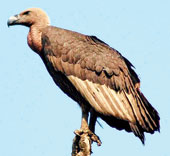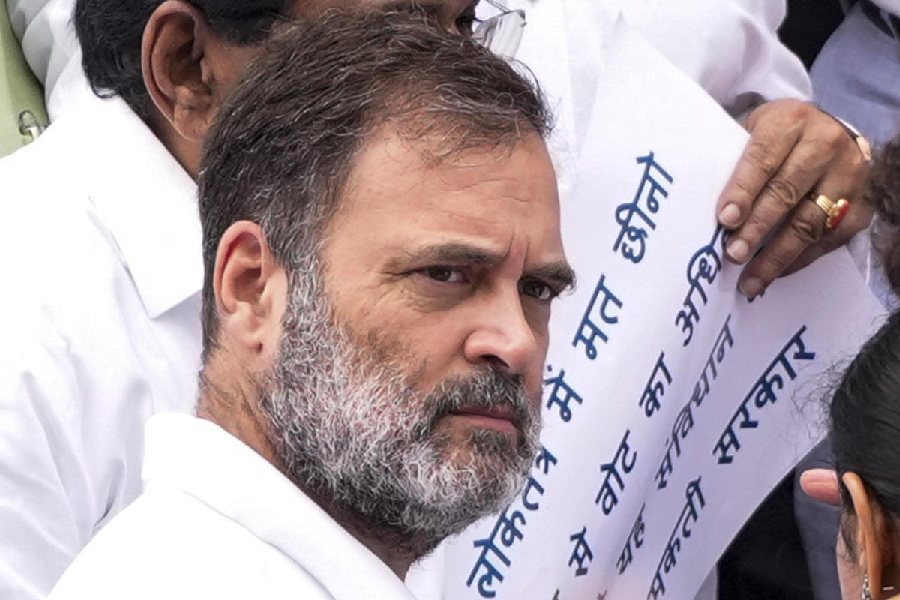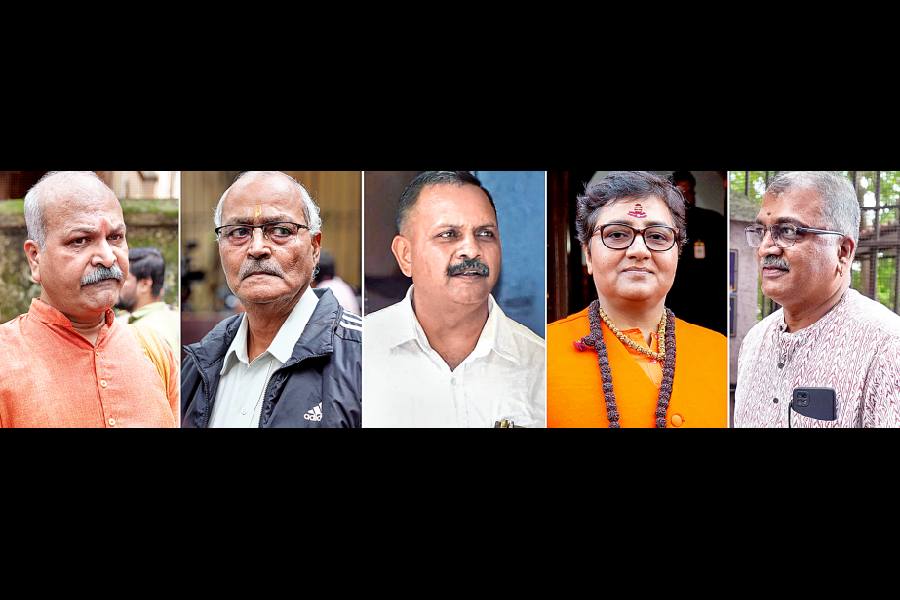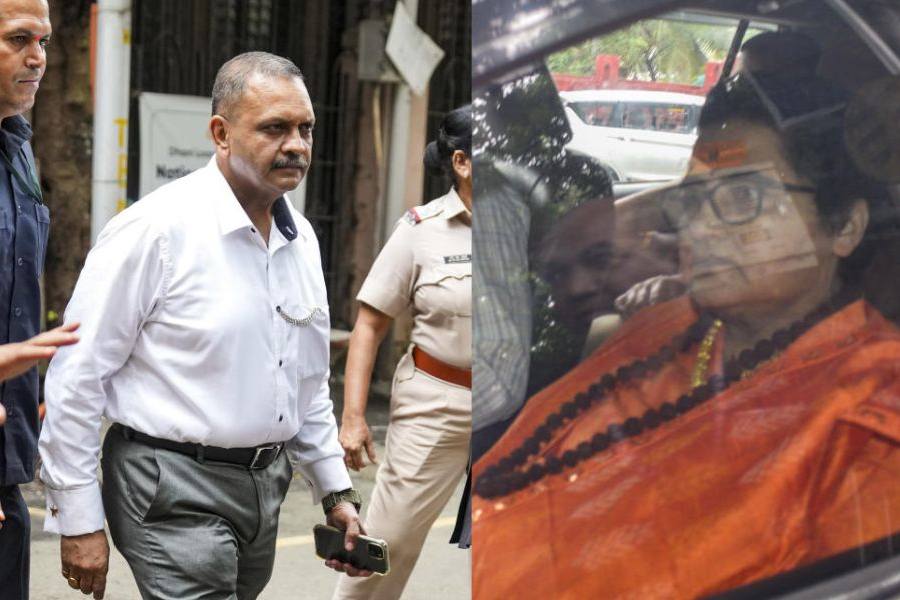 |
| Protection hope |
Jorhat, May 9: A 30,000 square km area, spread over nine districts of Assam with Majuli at the centre, has been selected as the safe zone to release vultures, which are being hand-raised at the Vulture Conservation and Breeding Centre at Rani near Guwahati.
A flock of vultures from the breeding centre will be released in this safe zone, which includes parts of Arunachal Pradesh and Nagaland, within the next few years. Sanitisation programmes have already begun in these areas.
“We have selected a 30,000 square km safe zone to release the vultures that are being raised at the centre. These vultures will be released within the next few years,” the in-charge of the centre, Sachin P. Ranade, told The Telegraph today.
The centre was set up in 2007. This will be the first time that vultures — a critically endangered species — from the centre will be released in the wilds in a bid to increase its population that has been dwindling rapidly since1980.
Veterinary use of diclofenac medicine has been considered to be the main reason behind the dwindling population of vultures and there has been a strong protest from several quarters to ban the drug.
“Vultures suffer from kidney failure when they eat the carcass of an animal that has been administered diclofenac. Efforts are being made to ensure that use of the drug should be banned in the areas declared vulture-safe zones,” Ranade said.
He said Majuli has been selected as the central point of the 30,000 square km safe zone.
“We are trying to sanitise this vast area by creating awareness among the people. We are also in contact with the authorities concerned not to use diclofenac on cattle, at least in the safe zone,” Ranade said.
A four-day awareness campaign was held at Majuli a couple of days ago.
Experts, including Ranade, interacted with the people to spread the word about protection of vultures. He said the awareness campaign would not only ensure a safe environment for the vultures to be released but would also help in the survival of the few vultures which are there in the wild.
At present, there are 50 vultures at the Rani breeding facility and most of these are adolescents collected from various parts of the state. “We managed a successful breeding in 2012 at the facility and have two chicks — one white-backed and another long-billed. We will release a flock of vultures in the safe zone and we have time to raise more chicks in the next few years,” he said.
The plan to release the vultures is part of the second phase of the vulture conservation efforts in India. The ministry of environment and forests has set up three vulture breeding facilities at Rani, Guwahati, Pinjore (Haryana) and Buxa (West Bengal). More than 30 vultures have been bred at these facilities.










